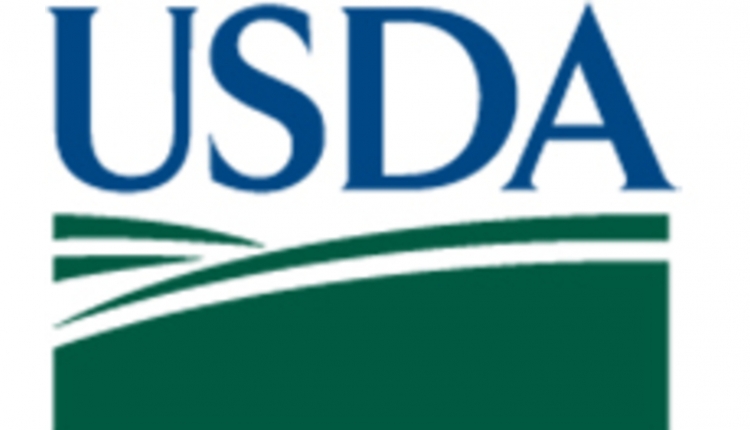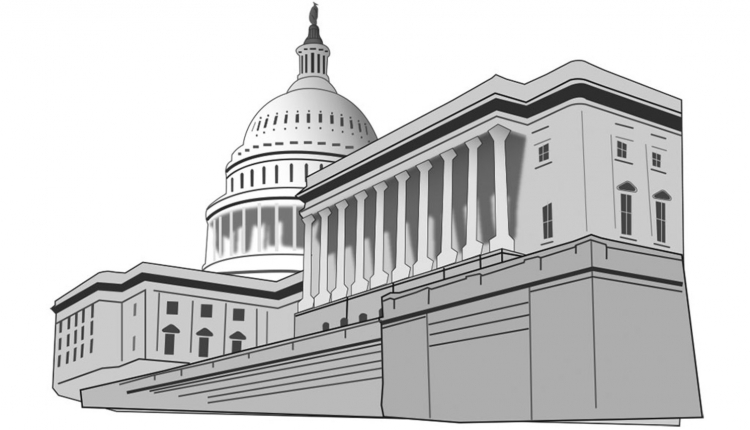If hard-working dairy farmers ever needed a reason to contact their senators and representatives, the potential repeal, or shall we say death, of the “stepped-up basis” provision for capital gains provides that opportunity. Without a new appraisal value for assets at the time of a business owner’s death, many farmers could be forced to plan a second funeral for their family-held business after selling assets to raise funds to pay the estate tax, or what many in farming circles call the death tax.
This isn’t the first time that lawmakers have eyed estate taxes. In 1976 and 2010, Congress passed legislation that eliminated portions of the step-up provision. Thankfully, in both instances, common sense eventually prevailed and the stepped-up tax language once again became law.
Congressional leaders have again turned their eyes upon potential estate tax revenue due to the largesse of federal giveaways throughout the COVID-19 pandemic. On top of that spending spree, politicians who support spending trillions on a comprehensive infrastructure package need to find a group of taxpayers to cover those costs. In their minds, those citizens who have the most wealth should help foot the bill.
Taxing stocks, tangible assets, and an assortment of wealth by billionaires is one topic. However, placing additional tax burden on family farms and small business owners whose financial livelihoods are at stake could suffocate a sector that provides half of all jobs to fellow Americans.
To gain a full appreciation of these potential taxes, consider a couple that bought a 400-acre dairy farm for $1,000 per acre, yielding a $400,000 value in 1981. Some 40 years later, the farm could fetch $10,000 per acre and yield $4 million. Instead of simply passing the farm onto their children at the time of the couple’s death, the children could potentially owe capital gains on the appreciated wealth above either a $1 million exemption for a single person or $2.5 million for a married couple.
How would your family raise $300,000 to $600,000 to pay a 20% tax rate under this lost step-up scenario? What if rates were doubled as some propose? Many among us would be forced to sell productive assets such as land, and that action could cripple the farm’s future.
Eliminating the stepped-up basis provision remains on the drawing board. It’s paramount that voters get the verbal eraser out and be sure it doesn’t get set into ink by those politicians looking to fund future projects on the backs of hard-working farm families. Contact your legislator to let him or her know your thoughts.











